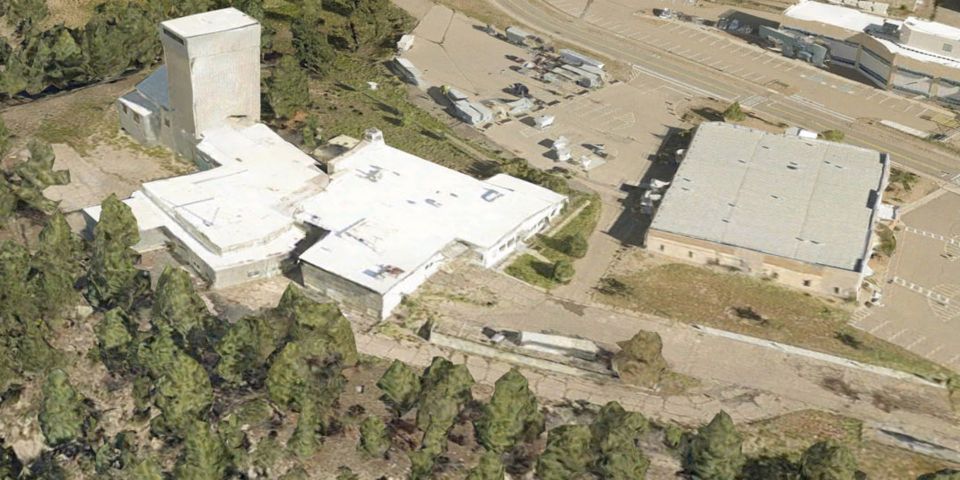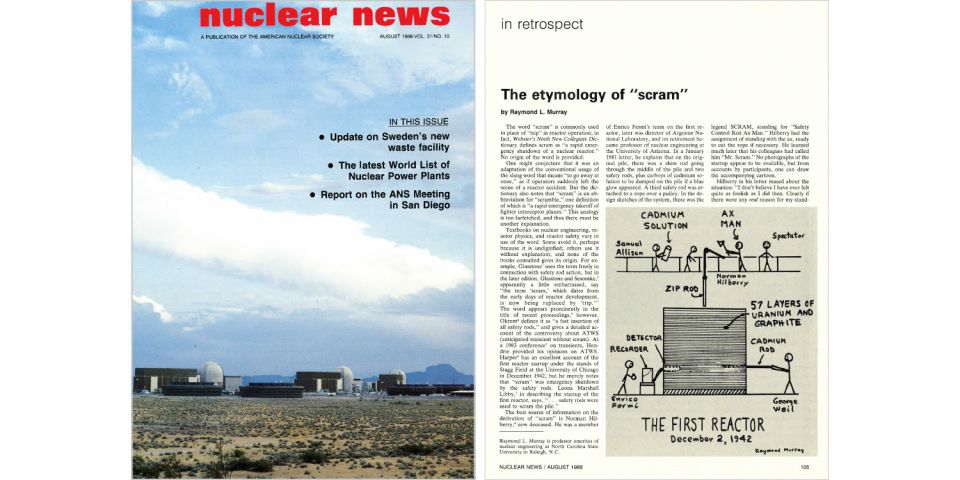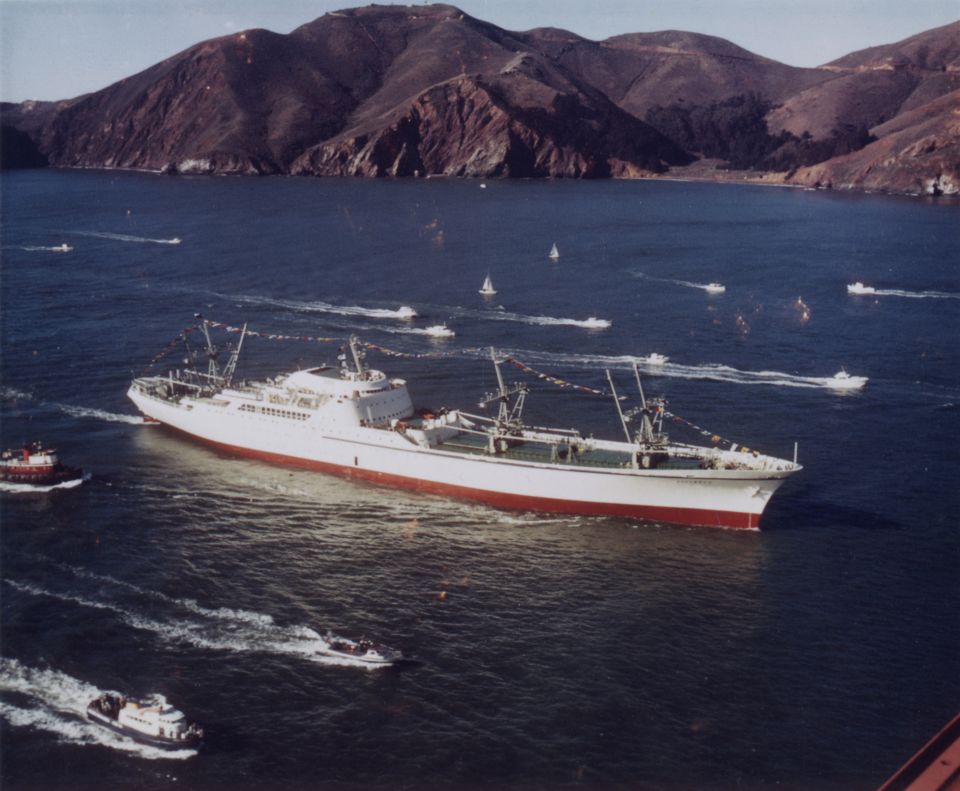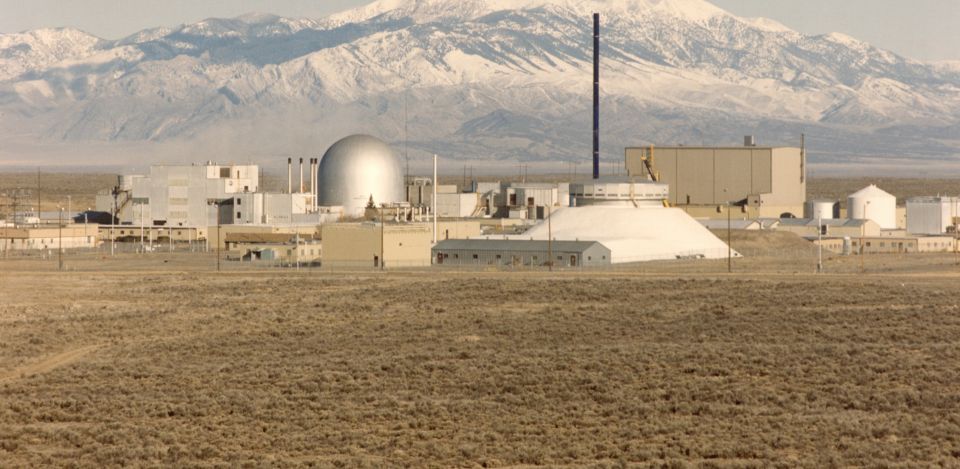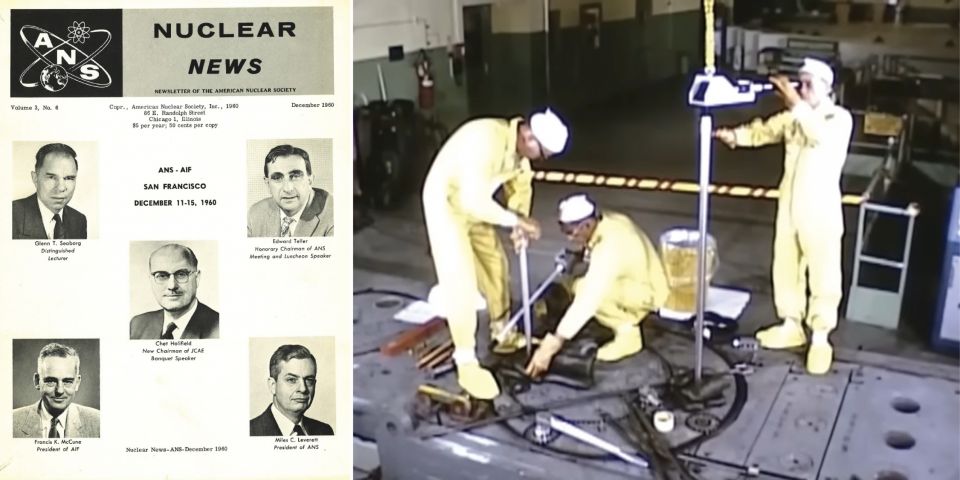At least 12 Black chemists and physicists participated in primary research at the Chicago Metallurgical Laboratory for the Manhattan Project, a small fraction of the more than 400 scientists, technicians, and laboratory staff members tasked with designing a method of plutonium production that could fuel a nuclear reaction. Wilkins joined the team at the Met Lab in 1944 when he was only 21 years old (he had entered the University of Chicago at the age of 13 and earned his bachelor’s, master’s, and Ph.D. degrees in six years).
Left behind: At the Met Lab, Wilkins researched neutron energy, reactor physics, and engineering with two prominent European-born scientists, Enrico Fermi and Leo Szilard. Together they did groundbreaking work in the movement of subatomic particles. But when his team was transferred in 1944 to Oak Ridge, Tenn., a Manhattan Project site where the X-10 Graphite Reactor was being built, Wilkins was left behind because he was Black, according to the article.
More details: At the Met Lab, Wilkins joined the Atomic Scientists of Chicago, which was founded in 1945 to address the moral and social responsibilities of scientists regarding the use of the atomic bomb. Wilkins was one of 70 Manhattan Project scientists who signed a petition urging President Truman to not use the atomic bomb on Japan without first demonstrating its power and giving Japan the option to surrender. But Truman never saw the petition, which didn’t become widely known about until it was declassified in 1961.
After World War II, Wilkins worked for a decade as a mathematician at United Nuclear Corporation. He later went on to distinguished professorships at two historically Black universities, Howard University and Clark Atlanta University, before his retirement in 2003.
When he died in 2011 at the age of 87, Wilkins had authored more than 100 scholarly papers. According to Shane Landrum, a historian of Black atomic scientists, the work of Wilkins and other Black Manhattan Project scientists, along with their white and immigrant colleagues, changed the “course of the war and the role of science in American politics.”
Read more about Wilkins on the ANS website.



